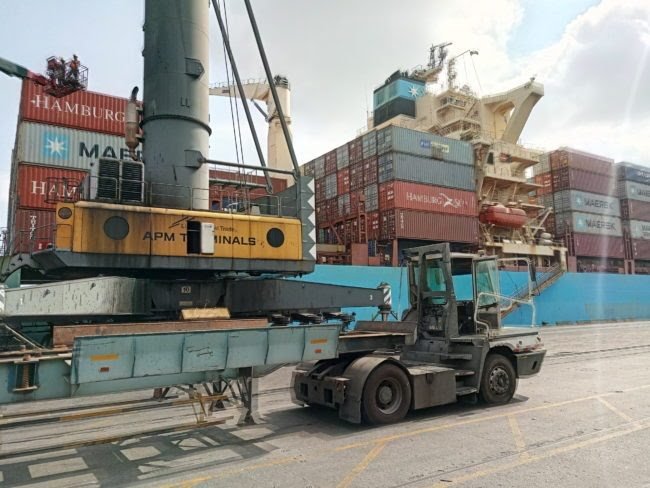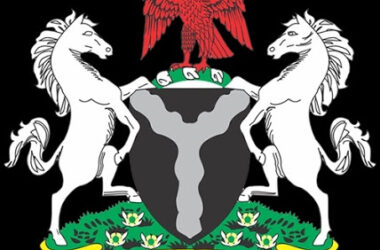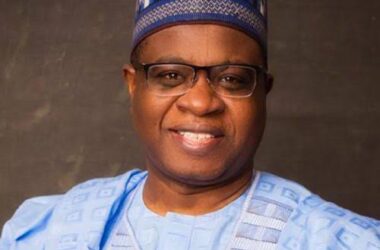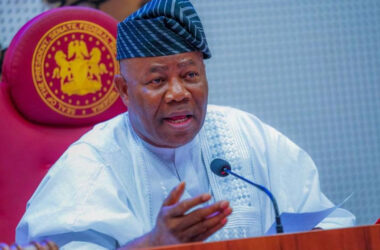The Federal Government says the Nigeria free trade zones attracted over $46.6 billion investment into the nation’s economy.
Managing Director of the Nigeria Export Processing Zones Authority, Adesoji Adesugba, and his counterpart from the Oil and Gas Free Zones Authority, Tijjani Kaura, made this disclosure at the 30th anniversary of free trade zones scheme in Abuja.
Adesugba said trade zones being regulated by NEPZA attracted over $30 billion investments since inception of the scheme in 1992, while Kaura put the investments attracted by OGFZA since 1996 at $16.6 billion.
He said that the global business model was meeting its objective in fast-tracking economic growth and industrialisation.
According to him, the decision of the Federal Government to key into this concept has remained legendary as the model has become a key driver of the nation’s economy.
While projecting a brighter future for the free trade zones, Adesugba said that the business enclaves harbor over 600 enterprises providing 150,000 direct employment and an estimated 400,000 indirect employment.
He said, “To date, the zones have attracted over $30 billion investments which is expected to exponentially increase in the next few years with our sustained incentives and aggressive investment drive across the world. The future is bright for the Free Trade Zone scheme in Nigeria.
“And again, we express our profound appreciation to the President Muhammadu Buhari-led administration for the approval given for the establishment of six Special Economic Zones and the earmarking of four international airports as Free Trade Zones in 2021.”
Adesugba pledged that NEPZA would continue with its reforms to position the scheme for global competitiveness.
According to him, the authority has established Special Economic Zones Dispute Resolution Centre to mediate in disputes among operators in the zones.
“NEPZA has also established Special Economic Zones Security outfit to professionally secure lives and investments in the zones.
“More so, the Special Economic Zones Training Institute, Kano will help bridge the knowledge gap in the free zones scheme.
“The authority also established an automated platform to digitise the operations of the scheme for enhanced efficiency and accountability,” he said. On his part, Kaura said oil and gas free trade zones attracted over 200 companies with over 16.6 billion dollars.
Kaura added that the scheme created over 200,000 direct and indirect jobs, thereby contributing to local content development.









